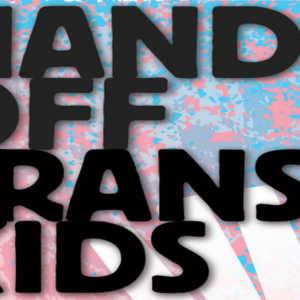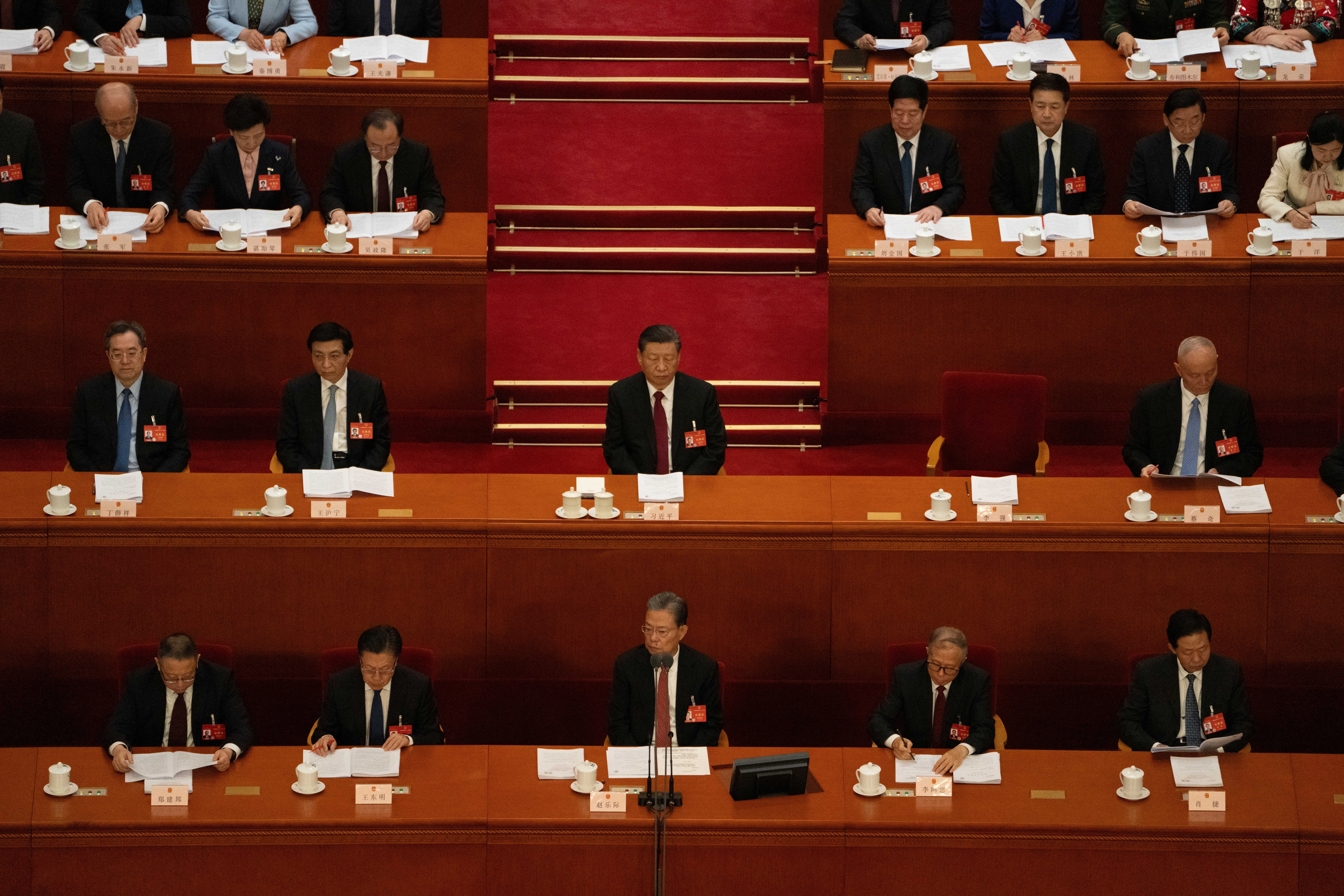Legalised Anti-Trans Violence
As we have written in previous Trans*Mission roundups, violence against trans* people is terrifyingly common. This is reflected in horrific stories, both the well-publicised (such as the brutal public stabbing of Brianna Ghey by two classmates) and in many more instances that do not end in death but still significantly traumatise, injure, and degrade trans* people, especially the most marginalised and vulnerable among us.
One international example is the case of a trans teenager assaulted and abused for protesting a book reading by the transphobic author Abigail Shrier in Israel—as reported by Sophie Perry for PinkNews. Another, this time in the UK, is the case of a transgender woman whose face was marked by a shoe print after a hotel room assault by 17-year-old Connor Young, reported by Spalding Today.
Young’s court sentence was notably mild, with no jail time based on self-professed emotional growth. While the carceral state offers few meaningful solutions to trans* people, who a racist and queerphobic prison system will not save, the British establishment’s “justice” effectively demonstrates that it is happy to informally decriminalise anti-trans* violence.
That our courts are happy to implicitly offer a free pass to the bigots who beat us is not shocking in this country. After all, “our” police force is identified in the Casey report as institutionally queerphobic, and this is somewhere politicians of nearly every party and journalists across the spectrum firmly position themselves against our humanity.
Self Defence is no Offence
Given that the British state (at the executive, legislative, judicial and police levels) is more likely to perpetuate abuses against trans* people than to prevent them, it must fall on our own community (and those in solidarity with us) to defend ourselves—violently if necessary. We should offer no apology to an ideology that condemns such vital steps.
Self-defence clearly means learning how to physically protect ourselves and deal with dangerous situations, but it also means creating resources and safe spaces, empowering trans* lives, making transphobes unwelcome everywhere, and educating people within our socialist and labour organisations. (Exemplified by the UCU recently taking a bold pro-trans position, even as their stance on solidarity with Ukraine is sadly contradictory.)
Self-defence, therefore, includes actions taken by nonbinary protester Riz Possnett when they glued themselves to the floor of an Oxford Union talk by transphobe Kathleen Stock, a pseudo-moderate signee of the trans-eliminationist Declaration on Women’s Sex-Based Rights document. Possnett’s courageous decision has been reported on by Tara Cobham for the Independent, and you can also read their Twitter thread explaining their position.
In what hopefully amounts to an about-turn for the frequently anti-trans paper, the Guardian, several recent stories by them show what happens when we fail to defend ourselves. Nonbinary artist DeLovie Kwagala writes on their exile from Uganda; Constanze Letsch accounts for the struggle queer people and cis women will face under five more years of the Erdoğan regime in Turkey; and Margaret Sullivan looks at what is happening to queer people in the United States as Republicans target them ahead of upcoming presidential elections.
Self-defence is not only justified; it is required if trans and queer people (if any marginalised group) are to have a future.
Pride
As we enter pride month, we face a more intense backlash than normal. A perversity of visibility for any marginalised group is that while we must be seen to reclaim our humanity, this will always be met by bigots pushing back against us. Moreover, Pride has become a way for corporations to use queer people to pinkwash their brands while having far from perfect records on either queer liberation or showing any kind of ethical scruples.
Nonetheless, this month and the Pride days in July are opportunities for us to celebrate and protest, which are as crucial to the struggle as self-defence. Reporting for Metro, Emily Bashforth showcases a wonderful instance of visibility with a story about the trans man Logan Brown. Bashforth writes of how the “27-year-old writer did [a] shoot while in his last trimester of pregnancy, later giving birth to a baby girl and making him and Bailey, 24, parents.” Brown’s picture will appear on the cover of Glamour, helping to normalise trans men’s pregnancies.
Periods such as Pride also allow the community to regroup and take stock of the likely shape of the future struggle. It is important to have robust, clear analyses to guide and direct the movement for trans and queer liberation, such as Sara Bennett’s rs21 article on the fate of the Gender Recognition Reform bill in Scotland. Bennett writes:
First and foremost, the GRR is the victim of political weaponisation and transphobia fuelled by the Tories. But it is also partly a victim of Sturgeon’s strategy as leader and should serve as a reminder of the limitations of Scotland’s devolved settlement. History tells us that relying on legislative and constitutional routes alone rarely brings far-reaching change, whether that be for trans rights or even the question of independence itself. What should be clear is that the Scottish government cannot be relied upon to deliver this change without pressure being brought to bear. The Sturgeon era has ended. What replaces it remains to be seen and will depend on the forces that shape it.
This analysis, emphasising that we cannot fully rely on those above to deliver even limited reforms (never mind liberation), is one A*CR resolutely shares with rs21. However bleak our current predicament, the power of people taking justice and freedom into their own collective hands, of connecting different struggles and learning the joy of consistent solidarity, is never to be underestimated. We gain whatever scraps legislatures “gift” us only because they are guided by our shared strength as the exploited and the marginalised.
–
Want to participate in the fightback? Join Anti*Capitalist Resistance and become a member of our Trans*Mission group!
Also, if you know a story that you would like to appear in next week’s roundup, please email it to us.
Art (47) Book Review (102) Books (106) Capitalism (64) China (74) Climate Emergency (97) Conservative Government (90) Conservative Party (45) COVID-19 (43) Economics (36) EcoSocialism (48) Elections (75) Europe (44) Fascism (52) Film (47) Film Review (60) France (66) Gaza (52) Imperialism (95) Israel (103) Italy (42) Keir Starmer (49) Labour Party (108) Long Read (38) Marxism (45) Palestine (133) pandemic (78) Protest (137) Russia (322) Solidarity (123) Statement (44) Trade Unionism (132) Ukraine (324) United States of America (120) War (349)
Latest Articles
- France after the elections: How should the radical left act?
 In the wake of the National Assembly’s dissolution and new parliamentary configuration, La France Insoumise (LFI) should adopt a clear stance of radical opposition, emphasizing its commitment to anticapitalist principles and democratic reforms while avoiding any compromise with the existing government unless it secures absolute majority support from the populace, argues Gilbert Achcar.
In the wake of the National Assembly’s dissolution and new parliamentary configuration, La France Insoumise (LFI) should adopt a clear stance of radical opposition, emphasizing its commitment to anticapitalist principles and democratic reforms while avoiding any compromise with the existing government unless it secures absolute majority support from the populace, argues Gilbert Achcar. - Why Socialists Oppose the Two‑Child Welfare Cap
 In this article, Simon Hannah explores why socialists vehemently oppose the government’s two-child welfare cap, arguing that it stems from austerity measures and reactionary views on the poor.
In this article, Simon Hannah explores why socialists vehemently oppose the government’s two-child welfare cap, arguing that it stems from austerity measures and reactionary views on the poor. - Hands off Trans Kids
 A pamphlet from Anti*Capitalist Resistance.
A pamphlet from Anti*Capitalist Resistance. - Two Child Benefit Revolt
 Dave Kellaway responds to the revolt by Labour MPs and others to the Labour government keeping the Tories’ hated two child benefit cap.
Dave Kellaway responds to the revolt by Labour MPs and others to the Labour government keeping the Tories’ hated two child benefit cap. - The beginning of the end of China’s rise?
 This is the second interview in a two-part series. The first interview (“Opposing US militarisation in the Asia-Pacific should not mean remaining silent on China’s emerging imperialism“) covered the nature of China’s state, its status in the world today, and implications for peace and solidarity activism.
This is the second interview in a two-part series. The first interview (“Opposing US militarisation in the Asia-Pacific should not mean remaining silent on China’s emerging imperialism“) covered the nature of China’s state, its status in the world today, and implications for peace and solidarity activism.

